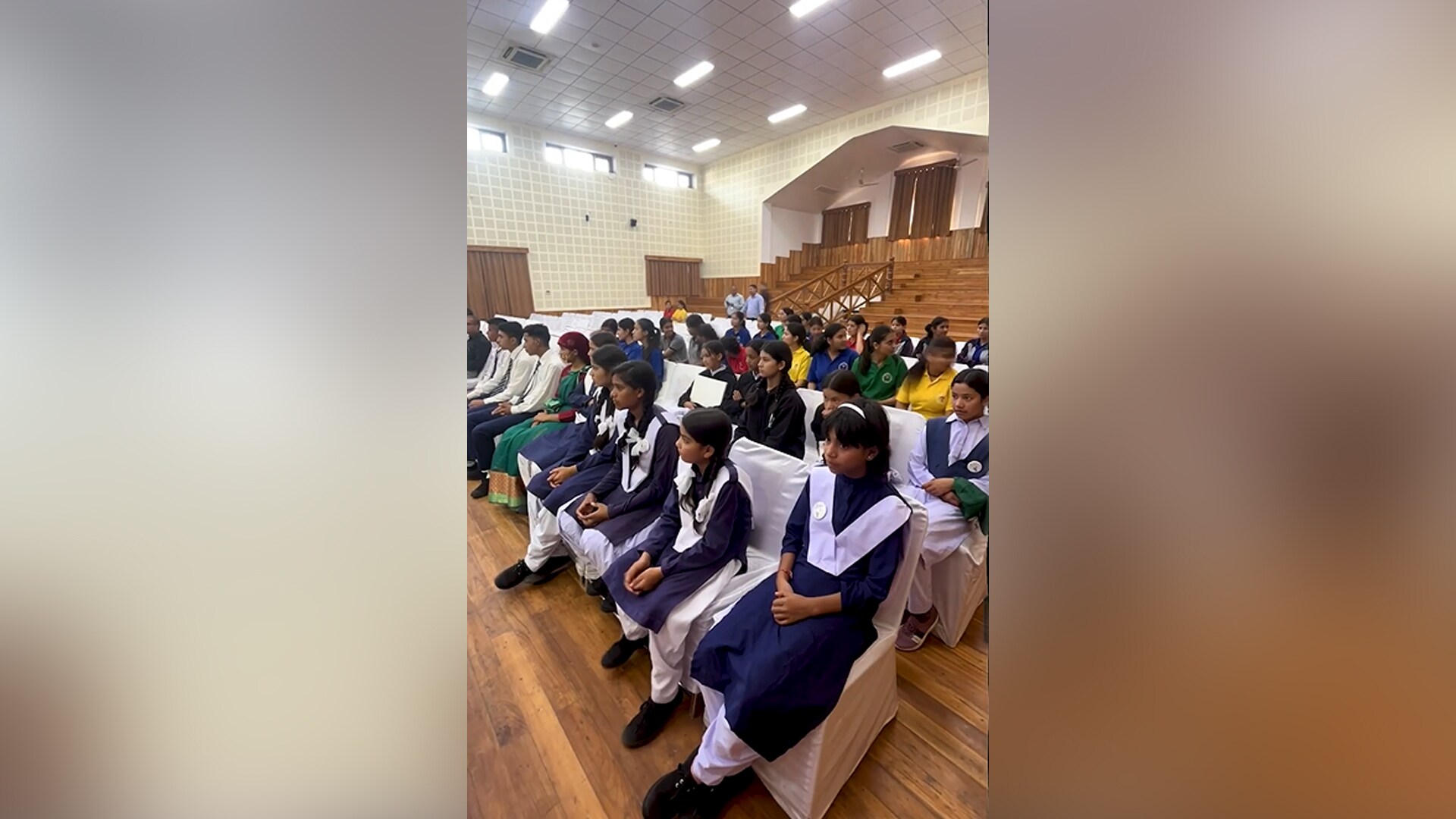

- Home/
- Top Stories/
- Davos Forum: India, China brighten otherwise gloomy mood on Swiss Alps
Davos Forum: India, China brighten otherwise gloomy mood on Swiss Alps

Highlights
- The five-day meeting kicked off to a breezy start on the scenic snowy slopes of Swiss Alps.
In an otherwise gloomy outlook, India and China are seen as the bright spots which can provide traction to the global economy, battling the European debt crisis and unrest among unemployed youth, top economists and business leaders said on the opening day of the WEF meet.
In the morning session on 'New Economic Reality', it was a "glass half empty and half full" for economist Nouriel Roubini, famed for his predictions on 2008 financial crisis.
For others like Wipro chief Azim Premji and Citigroup head Vikram Pandit, there is lot of growth left in India, China, Africa and Latin America even as the rich world struggles with anaemic economic prospects.
"Emerging markets are doing well, there is still growth in China and India...," Roubini said.
In the session also attended by IMF Special Advisor Zhu Min, Premji said the balance of economic power is shifting to the emerging economies.
"The way trends are going, in ten years, the economies of emerging worlds will be in excess of $20 trillion...," he said.
However, inflation and possible asset bubbles pose challenges for these emerging economies which have to deal with the recent rise in energy prices.
The five-day meeting kicked off to a breezy start on the scenic snowy slopes of Swiss Alps.
The Indian contingent, though weak in terms of government presence, has corporate honchos including Bharti group head
Sunil Mittal and Premji.
Commerce and Industry Minister Anand Sharma would be reaching here on January 27 while Planning Commission Deputy
Chairman Montek Singh Ahluwalia, a regular at Davos, has not landed either.












